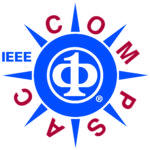DT4Meta 2023: The 1st IEEE International Workshop on Digital Twins for Metaverse
Technical Program
*= in-person presentation in Torino
Optimized NLP Models for Digital Twins in Metaverse*
Valeria Lukaj, Alessio Catalfamo, Maria Fazio, Antonio Celesti and Massimo Villari
The Graph-Massivizer Approach Toward a European Sustainable Data Center Digital Twin*
Radu Prodan
Hanfu AR: Digital Twins of Traditional Chinese Costumes for Augmented Reality Try-On Systems
Yukun Fu and Yue Li
Motivation
The synchronized virtual replication of physical objects from the real world within the “Metaverse” is happening through innovative technologies such as VR/XR and Digital Twins. The new frontier of the Metaverse is to reproduce real scenes with the digital reconstruction of objects, reflecting at the same time their behavioral and physical properties, integrated with new features.
The design and integration of Digital Twins into the Metaverse represent a new open field of research that aims at the evolution of a new way of conceiving the world. The creation of Smart Scenes integrated with the Digital Twin models apply to many fields, such as training, Industry 4.0, or Health, to name a few. A main problem faced in the creation and use of these applications involves the need for a high-level quantity of physical resources for the processing of the Digital Twin with the associated textures and metadata.
The new challenge is to create Optimized Smart Scenes, safely integrated into the Metaverse based on the Edge/Fog/Cloud Computing and Distributed Network Systems paradigms. Users must have a digital identity before accessing the Smart Scenes and must follow the ethical rules for establishing social relationships within the Metaverse.
Aim of the workshop
The workshop aims to disseminate publishable and applicable results, promoting discussions and collaborations, and to identify future research directions for Digital Twins and Metaverse.
Topics include (but are not limited to) the following:
- Digital-Twins Life Cycle;
- Optimized Framework Definition for Digital Twins;
- Cooperation and Interaction between Digital Twins and Humans in Metaverse;
- Practical validation and case studies of Digital Twins in Metaverse;
- Privacy and Security Issues and Opportunities;
- Digital Twin as a Service;
- Optimized Framework Definition for Digital Twins;
- Edge/Fog/Cloud Computing Solutions for Optimized Smart Scene with DT in Metaverse;
- Real-World Deployments and Experimentations;
- Distributed Network Solution for Optimized Smart
Paper Templates
IEEE Paper templates are available in MS Word 2003 and LaTex. All submissions must use US 8.5×11 letter page format.
Important Dates
Main Conference/Symposium
Main conference/symposium papers due: 15 January 2023Extended to 15 February 2023
Notification: 7 April 2023
Camera-ready and registration due: 7 May 2023 Updated: 18 May 2023
Journal then Conference Submissions
Due date: April 7, 2023
Notifications: April 30, 2023
Workshops, Fast Abstract, SRS Programs
EXTENDED: Workshop papers due: 21 April 2023
UPDATED: Notifications: 7 May 2023
UPDATED: Camera-ready and registration due: Updated: 18 May 2023
Submission Link
Please submit your paper on EasyChair
IEEE Conference Publishing Policies
All submissions must adhere to IEEE Conference Publishing Policies.
IEEE Cross Check
All submission will be screened for plagiarized material through the IEEE Cross Check portal.
Workshop Organizers
Valeria Lukaj
University of Messina, Italy
Email: vlukaj@unime.it
Radu Prodan
University of Klagenfurt, Austria
Email: radu.prodan@aau.at
Maria Fazio
University of Messina, Italy
Email: mfazio@unime.it
Program Committee
Zaheer Allam, Université Paris 1 Panthéon-Sorbonne, France
GaganGeet Singh Aujla, Durham University, UK
Simon Elias Bibri, Norwegian University of Science and Technology, Norway
Antonio Celesti, University of Messina, Italy
João C. E. Ferreira, Federal University of Santa Catarina, Brazil
Luis N. L. de Lacalle, University of the Basque Country, Spain
Attila Kertesz, University of Szeged, Hungary
Dragi Kimovski, University of Klagenfurt, Austria
Andreas Lazarou, University of Cyprus, Cyprus
Michele Perlino, University of Bologna, Italy
Nishant Saurabh, University of Twente, Netherlands

